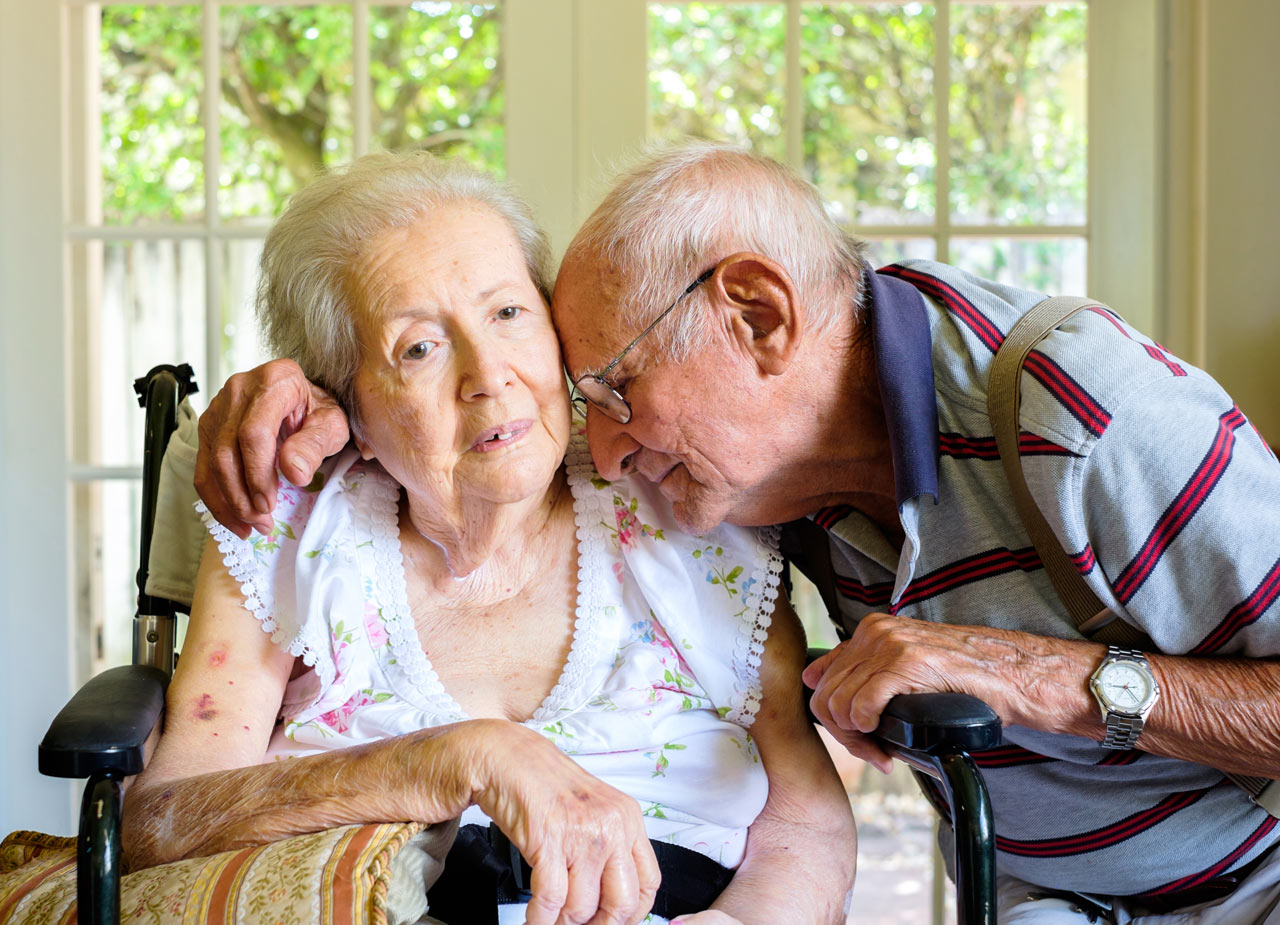People caught up in the day-to-day responsibilities of directly tending to a spouse, parent, relative, or partner eventually confront this direct question. Recognizing what you are doing is often a big epiphany. I am performing so many tasks connected to my loved one’s health and wellbeing and tending to him. I am taking him to medical appointments. I am ensuring that there is food in the home. I am on top of the meds. I am doing the shopping. I am a caregiver.

Naming something is known to reduce stress. Recognizing one’s role is an important step. It means taking the responsibility for the direct needs and health of someone else. It means focusing on the relationship and what those entails. It also means considering what that moniker means to you and your wellbeing.
You may also be doing the cooking, laundry, house cleaning, paying bills, administering medication, helping with eating, bathing, and dressing. You may be transporting your parents to appointments and taking detailed notes on what medical professionals say.
A caregiver does not have to do all the above and related tasks to be considered a caregiver. But tending to the direct health needs of a senior or one with disabilities and/or illness means being a caregiver. And appropriating that term is a realistic acceptance of what one is doing.
You are going to focus on your loved one’s dignity. You are going to be concerned about his feelings of independence, pride, privacy, and competency. You are going to tend to his needs with respect, appreciation, and psychology, not just attend to basic functional needs. You will educate yourself about medical conditions, mental health needs, and medications. You will advocate with medical professionals and insurance companies.
This is a big job with a lot of responsibility. If you are the caregiver, you must do a good job for your loved one so he will recover/survive the short term/long term challenge he is dealing with. You need to be “on” for so much time.
The aha moment of identifying yourself as a caregiver has a key component. It is caring for yourself so that you can do your duty. Caring for the caregiver seems to be a constant theme these days but it is axiomatic. The breadth and depth of the caregiving position are so extensive that it requires time off, health maintenance, and self-awareness. Burnout continues to be a challenge for people with caregiving responsibilities and caregiver support has been recognized as a real need.
You may notice that you are not eating properly. You feel hopeless, depressed, or alienated. You may be losing your temper frequently and have little patience. You eat unhealthy foods because of the stress. You turn to alcohol and other substances to feel better. These feelings of overwhelm may affect your care for your father.
Caregiver support is more than rest, respite, and recreation. It is about talking about stress, hearing from others, and carving some time out for one’s own life and interests. Caregivers report that the long hours of being on call result in a 30% decrease of enjoyable activities.

What are the solutions to caregiver stress?
- Join a caregiver support group and attend workshops for people in your role. These are available via zoom and social media through medical centers, senior organizations such as AARP, and local senior groups such as PSS Circle of Care in New York City. Some even offer free home health aides to care for your loved ones so you can get away for a few days.
- Ask for help from family, friends, and neighbors.
- Set boundaries.
- Take some time for yourself every day, even if it is only thirty minutes a day, to do something you want to do, not just what you have to do. It could be meeting a friend for coffee, sitting in the sun by yourself with your airpods in, checking your favorite websites or social media, or getting a manicure.
- Bring in meals on wheels so food shopping and preparation is not a burden.
- Get legal and financial counseling if you need it under the new circumstances.
- Get psychological support if you need. Your employer may offer an Employment Assistance Program (EAP) that includes therapeutic support.
- Check your insurance coverage and that of your loved one. You may be able to take leave from your job and get paid.
- CDPA is a Medicaid program that pays for family caregivers. You can share the work with someone else and both will get paid depending on the number of hours you are given.
- FMLA is unpaid leave with maintenance of insurance coverage for caregiving needs of immediate family members (spouse, parent, or child) for up to twelve weeks. Check out this thirty-year-old Department of Labor protected right.
- Get someone else to do the personal care. Caring Professionals offers private pay home health aides, companions, and personal assistants as well Medicaid funded caregivers. Medicare also pays for short term care, a few hours a week, for a senior who has had a medical episode. The older person does not have to have been hospitalized to qualify for this free service.
- Outsource as much as you can. That may mean hiring a geriatric care manager to handle bills, schedule appointments, and deal with administrative tasks that drain your time. Most people find the “daughter you hire” well worth the money. Caring Professionals has this service on its private pay menu of senior services.
If you are a caregiver, recognize it. Be smart for your patient and yourself. Get what you need to do the job properly. Your wellbeing and the wellbeing of your patient depends on it.
If you have any questions or thoughts on caregiving, please get in touch here. We love help.
Similar articles from Caring Professionals Home Care Agency






